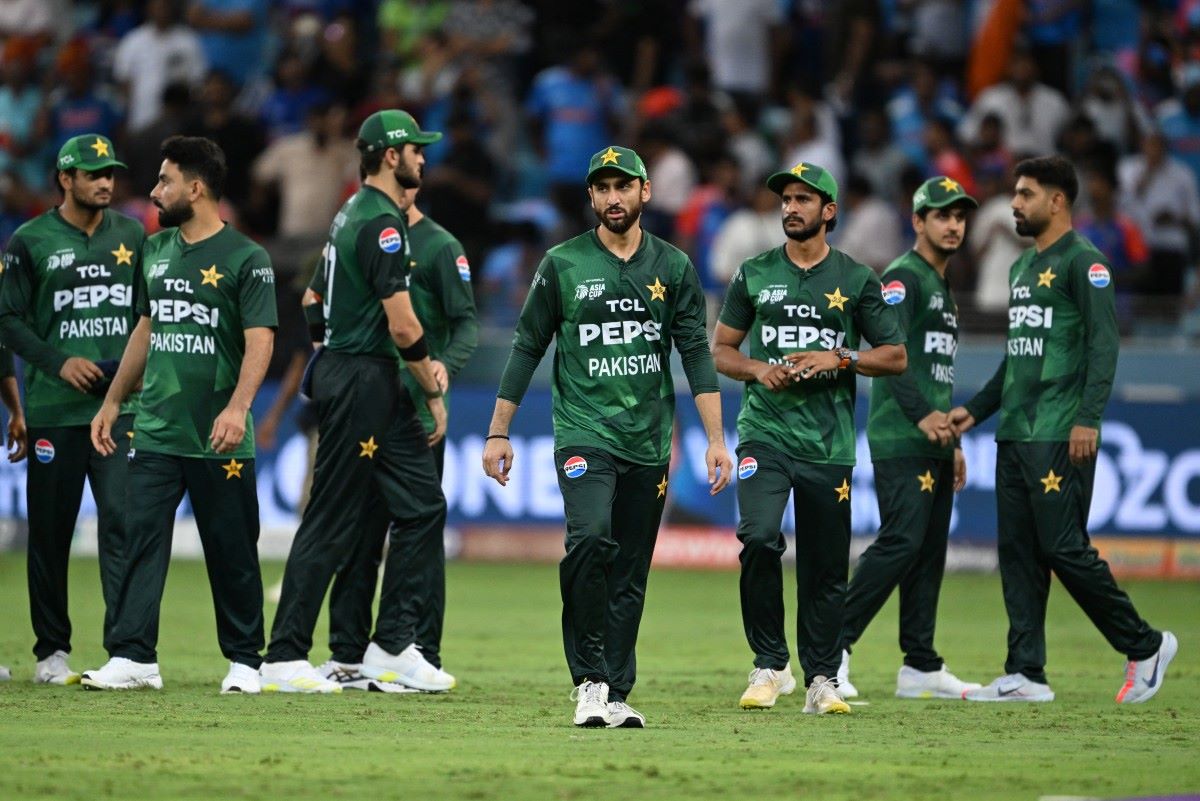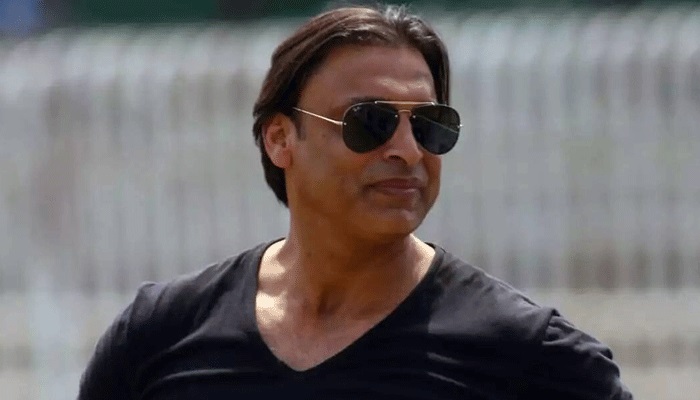The day cricket lost to politics in the India-Pakistan rivalry

The India-Pakistan cricketing rivalry has always been a proxy war of sorts, a battle between bat and ball, which, in the hearts of fans, was a matter of national pride, where victory was an obligation and defeat unacceptable.
Due to the constant tensions between the countries, politics has always been a factor in this clash.
In India, the BCCI headquarters got ransacked in 1999 in protest of the board proposing a series against the neighbours, while Pakistan decided to skip the 1990-91 Asia Cup, as it did not want to send its team across the border owing to political tensions.
But no matter how chaotic the situation was in the backdrop, once the match began, cricket always outshone all else.
Legends of the game from both countries had heated moments on the field, driven by the motivation of making their country proud against their biggest rivals. Off the field, however, stories of great mutual respect and camaraderie among the players became part of the game's folklore.
Because of the cricketing brilliance, the India-Pakistan rivalry became a box-office attraction, with surrounding elements adding to its stakes, but cricket remaining the central attraction, the biggest takeaway.
Well, at least it used to.
A waning rivalry
India and Pakistan faced off in a Group A Asia Cup match yesterday in Dubai. It was a one-sided game, with India cruising to a seven-wicket victory with 25 balls in hand, their victory never looking in doubt.
The lopsided match strengthened the growing argument that, despite its billing, the India-Pakistan rivalry is no longer the fiercest rivalry in cricket and has not been for some time.
Pakistan have not won an ODI against India since 2017, coming up second-best in six of the last seven one-dayers, with one ending in a no result.
In T20Is, they have fared slightly better, winning two of their last six games, but have lost the last three games in a row, including their most recent defeat in Dubai.
On Sunday, the Salman Ali Agha-led side could not put up any real fight, mustering a meagre 127 for nine batting first, which India chased down with the utmost ease.
Seeing Pakistan not putting up any fight hurt their fans and the neutral spectators, who had tuned in hoping to see a fierce game of cricket, but were instead offered a drab affair where the Indian Goliath crushed the Pakistani David under its boots.
Still, the fact that the match took place was a win for the game, as there were persistent calls for boycott from India led by political parties, who heavily criticised the BJP -- the current ruling party in India -- for letting the match take place.
In May this year, India and Pakistan had engaged in a four-day-long military engagement over the terror attacks in Pahalgam, Jammu and Kashmir, in India. The BCCI sending its national team to play against Pakistan just four months after the clash was dubbed hypocritical by many.
The Indian board kept saying that it had no choice but to agree to the match, as it is a regional event, but its critics didn't buy this argument, claiming that the promise of a huge payout was why the Indian board was going ahead with it.
Little did they know, the BCCI and BJP had one more move up their sleeves.
The absent hand
The Suryakumar Yadav-led side crushed their opponents on the field, and once the game was said and done, walked off to the dressing room while the bewildered Pakistani players stood on the ground, waiting for the opposition players to come down for the customary handshake.
The Indians never came, though.
Suryakumar had similarly avoided shaking hands with his Pakistani counterpart during the toss, and with the handshake refusal after the game, it was clear that the earlier occurrence was intentional.
"We are aligned with the government and Board of Control for Cricket in India," said Suryakumar in the post-match press conference when asked about the refusal.
Refusing to shake hands in protest is nothing new in sports. Ukrainian tennis player Marta Kostyuk refused to shake hands with Russian and Bulgarian opponents in protest of the ongoing Russia-Ukraine conflict. French judoka Doria Boursas did the same against her Israeli opponent in this year's European Junior Championship, in protest of the Israeli genocide of Palestinians.
In cricket, however, such refusals are quite rare, with only a handful of instances, which were mostly the result of an emotionally charged episode during the match itself.
Interestingly enough, this has never happened in an India-Pakistan match before. Despite engaging in several wars over the years, which have led to periods of them not touring each other, the players themselves have never refused this courtesy to their opponents.
Change of dynamics
The two nations have been at each other's throats since their birth and have had nuclear missiles pointed at each other for a few decades. Cricket matches have taken place in between all this chaos, and players of both teams have always shared a camaraderie.
The 1999 Kargil war in Kashmir was one of the deadliest battles between the two nations, with an estimated 1,500 casualties combined in the two-month war. Pervez Musharraf, former Pakistan Army chief and an ex-president, is considered the chief architect of the war.
On February 13, 2006, that same Musharraf shook the hands of the victorious Indian players at the Gaddafi Stadium in Lahore at the post-match presentation after their third ODI against the hosts.
He playfully commended MS Dhoni for his long hair, saying, "I saw placards here asking you to get a haircut. But if I may say so, I don't think you should. You look good in this hairstyle."
His comments were met with smiles from all around, as at that time, Indians and Pakistanis could keep cricket separate from politics.
The true significance of the Indian players' refusal on Sunday can only be judged a few years down the line. Chances are that cricket historians may come back to this very moment when trying to pinpoint when exactly politics overtook cricket in the India-Pakistan rivalry.



 For all latest news, follow The Daily Star's Google News channel.
For all latest news, follow The Daily Star's Google News channel. 



Comments